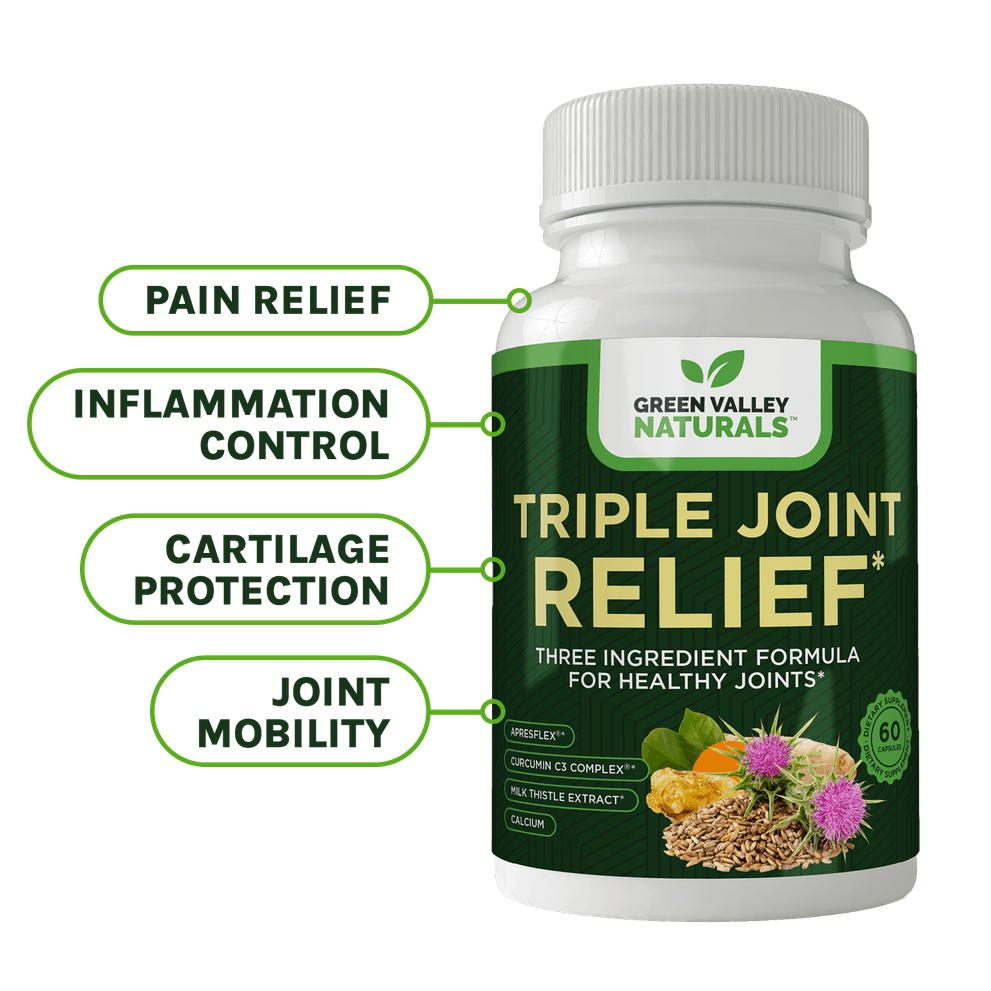
As Prime Minister of Britain, Rishi Sunak carries a huge burden on his shoulders. How does he cope with all the pressure? He fasts.
From 5pm Sunday to 5am Tuesday, he only drinks water, tea, or black coffee. He describes this as “an important discipline for me.” [1] While he may not specifically fast for its health benefits, nonetheless, he’s receiving many, such as cellular cleaning, improved DNA repair, and healthier aging.
Another key benefit is reduced inflammation. Scientists have just discovered a new way fasting can help you battle chronic inflammation and the health problems it can cause.
Key Takeaways
Fasting Is Proven To Fight Illness
According to Johns Hopkins neuroscientists, fasting in humans “helps reduce obesity, hypertension, asthma and rheumatoid arthritis.” For instance, after analyzing a review of 31 studies in patients with rheumatoid arthritis, they write: “there is little doubt that during the period of fasting both inflammation and pain are reduced in RA patients.” [1]
Fasting has also been shown in research to promote longevity.
The mechanisms by which fasting reduces inflammation is the subject of ongoing research. The most recent study focused on the inflammasome. Inflammasomes are large protein complexes that act as sentinels of the innate immune system, responding to stress-related threats, cellular damage, or infection by triggering inflammation.
This type of acute inflammation is good as it promotes healing, but the inflammasome can also trigger inflammation in undesirable ways. For instance, one of its functions is to destroy unwanted cells, which can result in the release of the cell’s contents into the body. These waste products can trigger inflammation.
Scientists from the University of Cambridge and the National Institute of Health (NIH) wanted to investigate this phenomenon more deeply. Professor Clare Bryant, senior author of the new study, said: “We’re very interested in trying to understand the causes of chronic inflammation in the context of many human diseases, and in particular the role of the inflammasome.”
Arachidonic Acid Dampens Inflammation
“What's become apparent over recent years,” she continued, “is that one inflammasome in particular – the NLRP3 inflammasome – is very important in a number of major diseases such as obesity and atherosclerosis, but also in diseases like Alzheimer's and Parkinson's disease, many of the diseases of older age people, particularly in the Western world.” [2]
To investigate, researchers drew blood samples from 21 volunteers who ate a meal of just 500 calories before fasting for 24 hours and then consuming a second 500-calorie meal. The team found that calorie restriction increased levels of a lipid/fat called arachidonic acid (AA), which is produced from consuming foods containing the essential fatty acid, linoleic acid. As soon as the volunteers ate a meal again, levels of AA fell back down.
In other tests, they unexpectedly discovered that AA turns down the activity of the NLRP3 inflammasome. This came as a surprise to them because AA is reputed to increase inflammation, not decrease it.
Regular Fasting Could Reduce Chronic Inflammation
In their paper published in the journal Cell Reports, they concluded their findings by writing: “These data show that AA is an important physiological regulator of the NLRP3 inflammasome and provide a mechanism explaining why fasting reduces systemic inflammation.” [3]
Discussing their findings Professor Bryant commented: “This provides a potential explanation for how changing our diet – in particular by fasting – protects us from inflammation, especially the damaging form that underpins many diseases related to a Western high calorie diet.
“It’s too early to say whether fasting protects against diseases like Alzheimer's and Parkinson's disease as the effects of arachidonic acid are only short-lived, but our work adds to a growing amount of scientific literature that points to the health benefits of calorie restriction. It suggests that regular fasting over a long period could help reduce the chronic inflammation we associate with these conditions. It's certainly an attractive idea.”
The study also provides an explanation for how aspirin works.
Aspirin Prevents AA Breakdown
Even though aspirin has been in use for over a century, how aspirin and other non-steroidal anti-inflammatory drugs achieve their anti-inflammatory effects still isn’t fully understood. The findings of this study suggest why.
Normally, arachidonic acid is rapidly broken down in the body, but aspirin stops this process. This leads to a buildup of the lipid, reducing inflammasome activity and hence inflammation.
Regular aspirin intake is certainly not advised to boost AA because of its stomach bleeding side effects; fasting is superior and safer.
Although AA has some inflammatory properties, it produces several anti-inflammatory and blood vessel-dilating/relaxing metabolites. Human studies show higher blood levels of AA are linked to decreased pro-inflammatory markers and increased anti-inflammatory markers. [4]
Since AA is tightly controlled in the blood, increasing dietary AA may not significantly raise blood levels. However, since natural foods containing linoleic acid are healthy, they’re well worth getting a good supply of in any case. These are meat, fish, full-fat dairy, fruits, vegetables, and raw and unprocessed nuts and seeds.
As the study demonstrates, fasting is the proven method to achieve this, either by following the British Prime Minister’s example, or through other less intense fasting methods that we’ve reported on in the past, such as intermittent fasting.
Summary
Fasting has long been associated with health benefits like improved longevity and reduced inflammation. Recent research from the University of Cambridge and NIH sheds light on how fasting increases arachidonic acid (AA), a lipid that suppresses the activity of the NLRP3 inflammasome, a key driver of chronic inflammation. These findings suggest that regular fasting could help combat conditions linked to inflammation, such as Alzheimer's and heart disease, while offering a natural alternative to drugs like aspirin.
Frequently Asked Questions
How does fasting reduce inflammation?
Fasting increases levels of arachidonic acid, a lipid that suppresses the activity of the NLRP3 inflammasome, reducing systemic inflammation.What is the NLRP3 inflammasome?
The NLRP3 inflammasome is a protein complex in the immune system that triggers inflammation in response to cellular stress or damage.Can fasting help prevent diseases like Alzheimer’s?
While more research is needed, fasting’s ability to reduce chronic inflammation suggests it may help lower the risk of diseases like Alzheimer’s.Is fasting better than anti-inflammatory drugs like aspirin?
Fasting is a natural and safer alternative to aspirin for reducing inflammation, as it avoids the side effects like stomach bleeding.What foods support fasting’s anti-inflammatory effects?
Foods rich in linoleic acid, such as nuts, seeds, fish, and vegetables, can enhance fasting’s benefits by increasing arachidonic acid levels.[1] Longo VD and Mattson MP. Fasting: molecular mechanisms and clinical applications Cell Metab. 2014 Feb 4;19(2):181-92. https://www.ncbi.nlm.nih.gov/pmc/articles/PMC3946160/
[2] University of Cambridge News: Scientists identify how fasting may protect against inflammation 30 Jan 2024 https://www.cam.ac.uk/research/news/scientists-identify-how-fasting-may-protect-against-inflammation
[3] Pereira M, et al. Arachidonic acid inhibition of the NLRP3 inflammasome is a mechanism to explain the anti-inflammatory effects of fasting Cell Rep. 2024 Feb 27;43(2):113700. https://www.cell.com/cell-reports/fulltext/S2211-1247(24)00028-7
[4] Harris WS, et al. Omega-6 fatty acids and risk for cardiovascular disease: a science advisory from the American Heart Association Nutrition Subcommittee of the Council on Nutrition, Physical Activity, and Metabolism; Council on Cardiovascular Nursing; and Council on Epidemiology and Prevention Circulation 2009 Feb 17;119(6):902-7. https://www.ahajournals.org/doi/10.1161/CIRCULATIONAHA.108.191627

